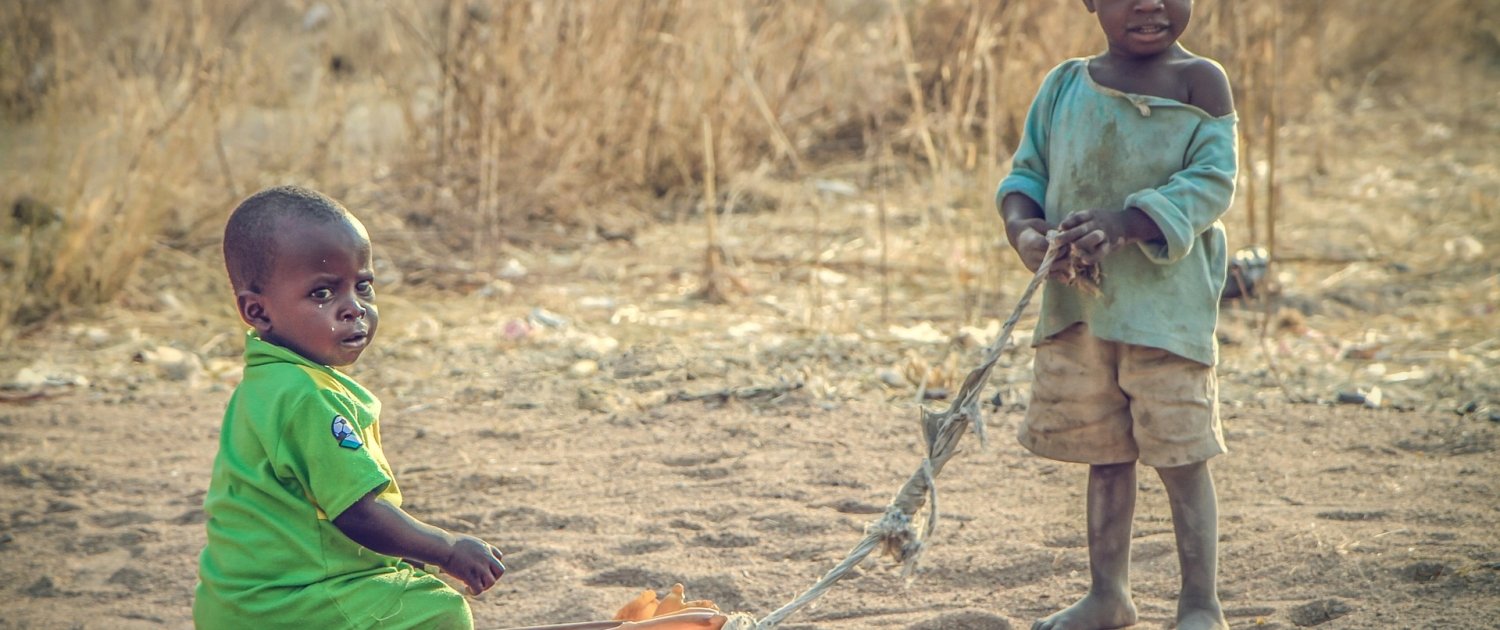What are the effects of economic development in Nigeria on quality of life?
Although many people remain poor, particularly in Nigeria’s rural north, its Human Development Index (HDI) has increased steadily since 2005 from below 0.47 to 0.532. The country has one of the fastest-growing rates of HDI in the world.
Several quality-of-life indicators have improved significantly over the last 30 years.

Nigeria HDI trends from the United Nations Development Programme (UNDP) HDI Statistical Update http://hdr.undp.org/sites/all/themes/hdr_theme/country-notes/NGA.pdf
How are the improvements linked to economic development?
Socio-economic Inequality in Nigeria
Nigeria’s most significant development challenge is overcoming the socio-economic inequality within the country. With over 50% of the population living in poverty, specific challenges need to be met. These include:
- tackling government corruption to ensure wealth reaches everyone
- addressing environmental issues that have resulted from rapid economic development, such as soil erosion, water pollution, desertification and oil spills
- oil revenues should be maximised with profits invested in developing other areas of the economy
- conflicts between ethnic and religious groups need to be tackled sensitively
- basic sanitation provision for all needs to be a priority
- further investment in healthcare and education
Related Topics
Use the images below to explore related GeoTopics.



